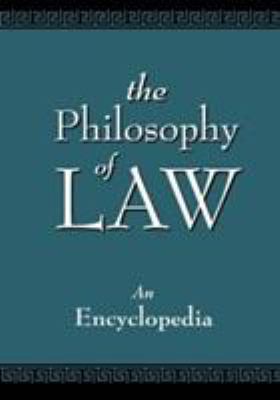 As an historical matter, I don’t know why Simpson declined to cite Hart often in “The Frequent Law and Legal Idea.” That being the case, nonetheless, I do not suppose there’s much of a “puzzle” as to why (in your phrases) “Simpson thinks any of this can be a dispute with Hart’s theory of law.” He would not suppose that.
As an historical matter, I don’t know why Simpson declined to cite Hart often in “The Frequent Law and Legal Idea.” That being the case, nonetheless, I do not suppose there’s much of a “puzzle” as to why (in your phrases) “Simpson thinks any of this can be a dispute with Hart’s theory of law.” He would not suppose that.
Joseph Raz has referred to as these sorts of statements detached normative statements”; the anarchist argues as if she endorses the essential norm, with out truly endorsing it. Another example that Raz gave is this: suppose that at Catholic priest is an expert in Jewish Legislation; the priest can make varied interpretative arguments about what Jewish law actually requires in this or that context.
Kelsen tried to reconstruct ‘legal science (Rechtswissenschaft)’ as a ‘science of norms (Normen)’, on analogy with Immanuel Kant ‘s conception of a science of ‘causality’ as utilized in natural science (Hans Kelsen, Society and Nature, 1946, pages 249-262, Kegan Paul Press).
I am not positive the answer to the puzzle (“why does Simpson assume any of this states a dispute with Hart’s concept of legislation?”), however it probably has something to do with Simpson’s (bewildering) view that Hart’s concept of a rule of recognition specifying the last word criteria of validity in a legal system evinces “absent-minded conformity to the concept all legal guidelines originate in legislation”.
Any given norm may be legally legitimate even when no one follows it. (e.g. take into consideration a brand new regulation, simply enacted; it’s legally legitimate even if no person has yet had an opportunity to comply with it.) Nonetheless, a norm can solely be legally valid if it belongs to a system, a legal order, that is by and huge actually practiced by a certain inhabitants.

